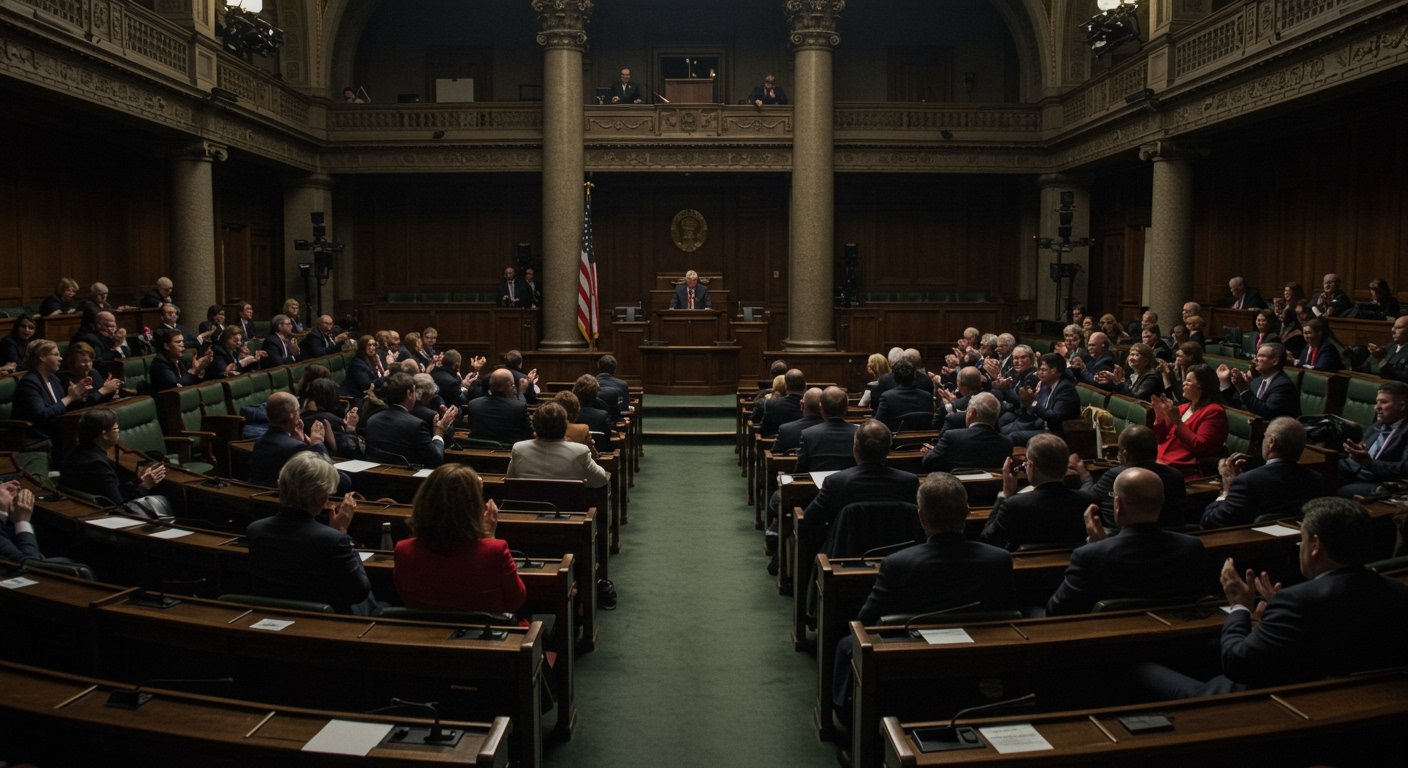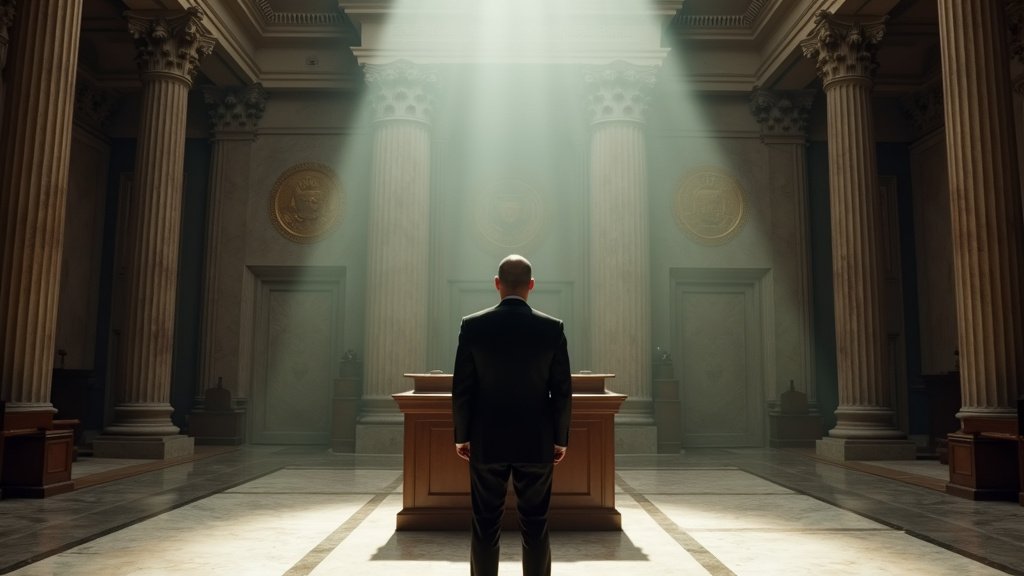Washington, D.C. – The Trump administration has signaled it may disregard a federal judge’s recent ruling that imposed restrictions on Elon Musk and personnel within the Department of Government Efficiency (DOGE) regarding access to sensitive Treasury Department payment systems, sparking sharp criticism and warnings of a potential “constitutional crisis.”
The standoff emerged after U.S. District Judge Paul Engelmayer issued a ruling aimed at preventing Musk and his associates at DOGE from accessing critical financial infrastructure. Judge Engelmayer’s order cited significant concerns about the potential repercussions, specifically warning about the “disclosure of sensitive and confidential information and the heightened risk that the systems in question will be more vulnerable than before to hacking.” The judicial intervention sought to safeguard systems vital to the nation’s financial operations.
Administration’s Response and Judicial Challenge
The administration’s reaction to the ruling was swift and defiant. Vice President JD Vance took to social media to challenge the judiciary’s authority in the matter, stating unequivocally that “judges aren’t allowed to control the executive’s legitimate power.” This statement from the second-highest office in the executive branch suggested a potential unwillingness to comply with the judicial order.
Adding to the confrontation, Elon Musk, who heads the DOGE initiative, publicly called for the impeachment of Judge Engelmayer. Musk’s demand amplified the tension between the executive branch, its appointees, and the federal judiciary over the scope of governmental power and oversight.
Warnings of a ‘Constitutional Crisis’
The administration’s posture drew immediate and strong condemnation from Democratic lawmakers, who framed the situation in stark terms. On Sunday, Democratic Senator Chris Murphy appeared on ABC’s “This Week,” where he issued a grave warning against what he described as a “billionaire takeover of government.”
Senator Murphy went further, characterizing the situation as potentially the most severe challenge to the nation’s governmental framework in decades. He stated the clash over the judge’s ruling represents the “most serious constitutional crisis the country has faced, certainly since Watergate.” The senator alleged that President Trump is attempting to unlawfully seize power for corrupt purposes, specifically to “reward political friends and punish enemies,” suggesting the moves related to DOGE and Treasury access are part of this broader effort.
Related DOGE Personnel Matters
The controversy surrounding DOGE’s access to critical systems comes amidst other notable personnel decisions within the department led by Musk. Recent reports indicate that Elon Musk is in the process of rehiring 25-year-old Marko Elez. Elez had previously resigned from a position after reports surfaced detailing his advocacy of racism and eugenics on a social media account. Both President Trump and Vice President JD Vance had reportedly supported his rehiring, a decision that has drawn its own set of criticisms and questions regarding the standards and ideology within DOGE.
Broader Policy Implications and Humanitarian Concerns
Separate from the DOGE access dispute but also highlighted in reports concerning the administration’s actions, international bodies have raised alarms about potential humanitarian consequences stemming from proposed U.S. policy shifts. The U.N. has warned that potential U.S. funding cuts to global health programs could have devastating effects, specifically stating that such reductions could lead to an estimated 6 million AIDS-related deaths. This warning comes as the Trump administration is reportedly moving forward with plans to dismantle USAID, the United States Agency for International Development, an independent agency primarily responsible for administering civilian foreign aid and development assistance.
The confluence of these events – a direct challenge to a judicial ruling safeguarding financial systems, harsh exchanges between top executive officials and the judiciary, accusations of a constitutional crisis driven by partisan aims, controversial personnel decisions within a new government department, and warnings of significant impacts from foreign aid cuts – paints a complex picture of the current political landscape and the challenges facing established governmental norms and institutions.












